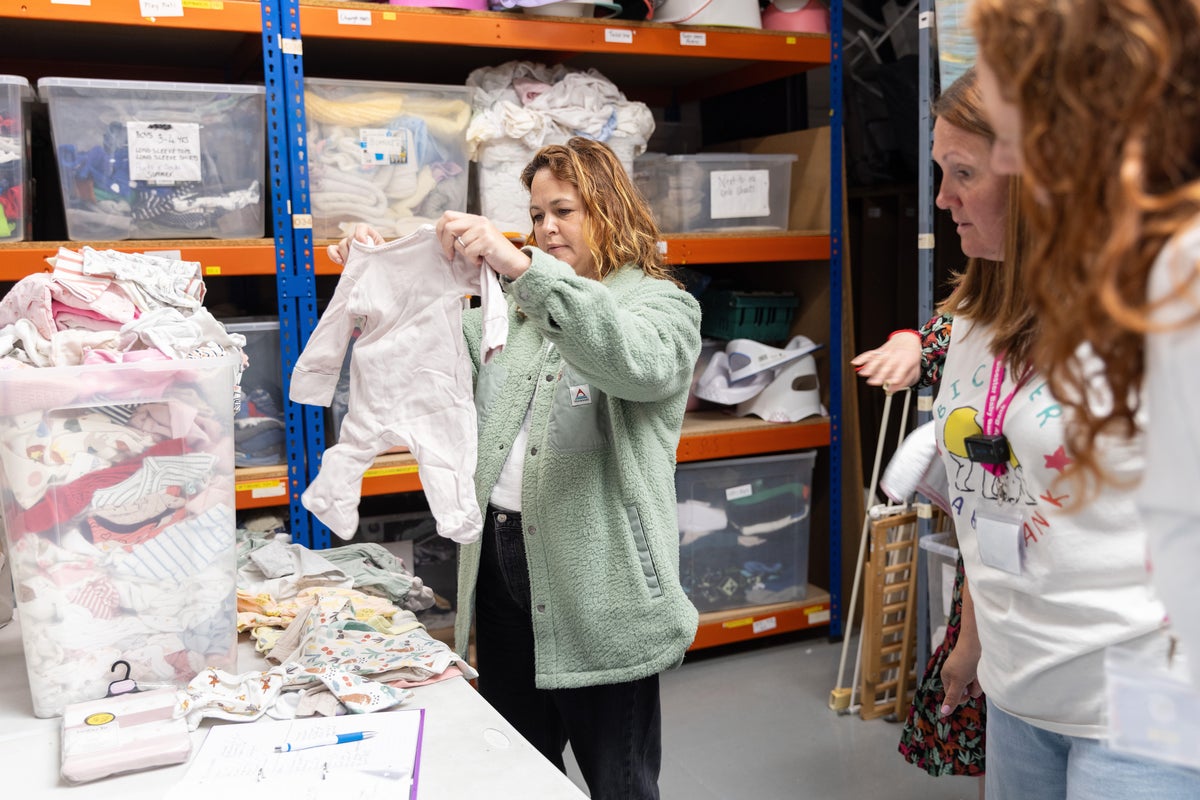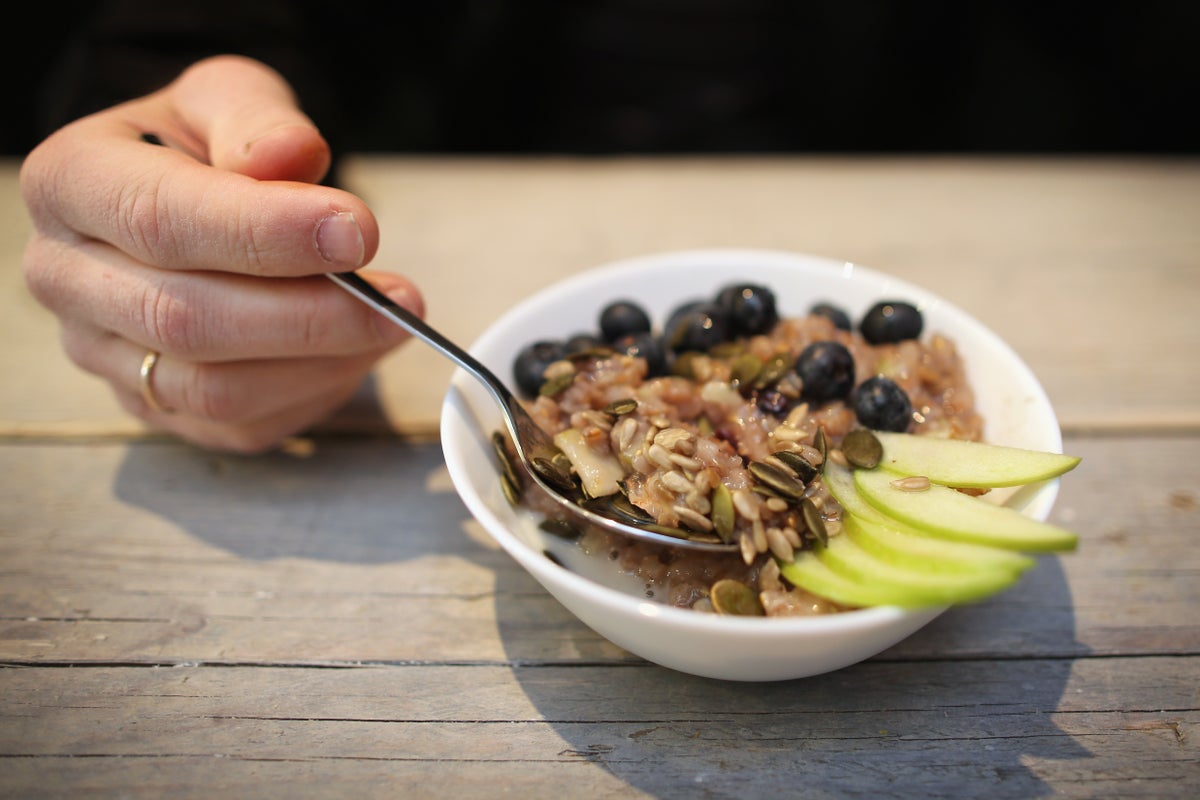Few causes seize the emotions of the Labour Party as does the alleviation of child poverty, and rightly so. More than a quarter of a century since prime minister Tony Blair pledged that his generation would be “the first to end child poverty”, far too many families struggle, through no fault of their own, to provide for their children.
One index of that national failure is highlighted by The Independent today: the surge in demand for help from baby banks. The cost of living crisis, with sharply higher energy bills and food prices hitting the poorest households hardest, has left hard-pressed parents seeking help to provide for their offspring. More than 3.5 million essential items were handed out by these charitable units in 2024, including nappies, clothes and cots – an increase of 143 per cent on the previous year.
This trend is entirely consistent with the official statistics. Some 4.5 million children, representing 30 per cent of all children in the UK, were living in households with a relative low income after housing costs (that is, with an income below 60 per cent of the median) in 2024. According to Save the Children UK and the Baby Bank Alliance, 219,637 families were supported by UK baby banks in 2024 alone – an increase of 35 per cent on the previous year.
As valuable, indeed essential, as the work of charities is in supporting children in need, it is no substitute for action by government, and this Labour government in particular. While the Blair and Brown administrations made some progress in achieving their stated aim, including the passage of the Child Poverty Act in 2010, the subsequent coalition and Conservative years saw an effective abandonment of it. The two-child limit was imposed in 2017, and has been a source of misery and resentment ever since.
The pressure on ministers to make an immediate impact on child poverty is growing, and it is coming from both inside and outside the party. Almost as soon as the Starmer administration was formed last year, a rebellion on the two-child cap on child benefits was organised by backbenchers on the left of the party. Derided as “the usual suspects”, the rebel MPs were brushed aside and dealt with by having the Labour whip removed. But they laid down a marker of what should be expected from a Labour government, even if the manifesto was vague.
Now, disquiet around wider cuts to the social security budget is growing, and spreading to the rest of the party, including the usually loyal 2024 intake. Those in more marginal constituencies will also have found their instinct for social justice being given fresh impetus by Nigel Farage, who recently pledged to abolish the two-child cap (albeit for natalist rather than socialist reasons). Removing the hated cap is once more – in the words of Bridget Phillipson, the education secretary – “on the table”.
So it should be. It would not end child poverty – this social evil is far too entrenched to be susceptible to such an easy fix – but it would result in an immediate and significant improvement for a great number of children. Child poverty is especially acute in larger households: 44 per cent of children living in families with three or more children are in poverty.
The Child Poverty Action Group says that 350,000 children would be lifted straight out of poverty, and a further 300,000 would find their conditions improved. To place that in context, about half a million children were rescued from poverty across the entire span of the 1997 to 2010 Labour government.
The problem is money, but it is not an extravagant amount when viewed in the context of the social security budget. Lifting the cap would cost the Exchequer some £3.4bn, or 3 per cent of the bill for working-age benefits. Indeed, even if one were to factor in a reversal of the cut to the winter fuel payment, and of the scheduled cuts to disability benefits, the total cost would be £10bn a year. That is a more substantial sum, but one that could still be accommodated inside an envelope of public spending amounting to £1,200bn.
The process of running the UK’s public finances has become one of absurdly tight margins, dictated by the chancellor’s habit of allowing herself far too little room for manoeuvre in her self-imposed fiscal rules. Hence the constant crises and the wearying, never-ending search for cuts, which are too often made at the expense of those who can least afford them.
As the chancellor approaches the comprehensive public spending review, she deserves some sympathy for the scale of the task ahead of her. She is right to say that no programme to support social justice can be launched on the basis of unsustainable public finances. The establishment of free breakfast clubs and stronger protections for renters and workers will also push child poverty rates lower. But some of the choices she has made have not been wise ones, and they now need to be revisited.
Politically, it seems increasingly apparent that Ms Reeves and her colleagues on the Child Poverty Taskforce, led by Ms Phillipson and Liz Kendall, have no alternative, when they report in the autumn, but to renew Labour’s mission to make sure no child goes without food, shelter or clothing. It now falls to their generation to eradicate this scourge for good.



